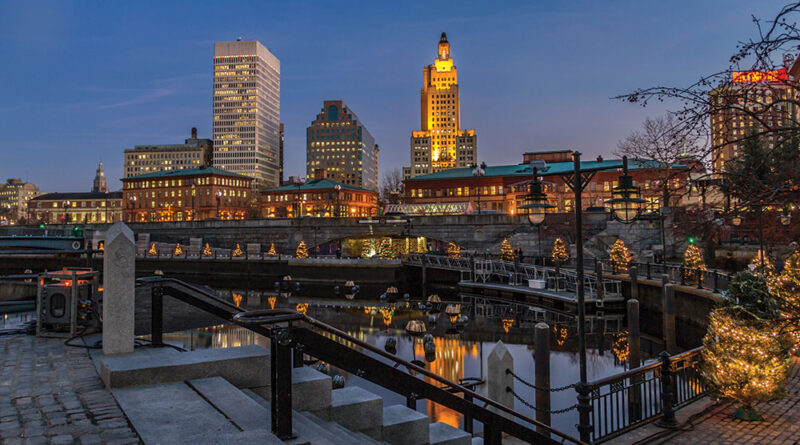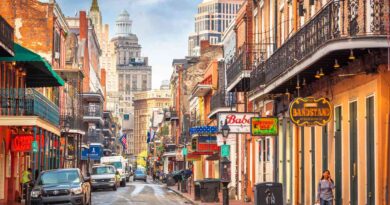History Of Providence Rhode Island
Providence, Rhode Island is one of the oldest cities in the United States, with a rich history dating back to the 1600s. The city was founded in 1636 by Roger Williams, a religious dissident who had been banished from the Massachusetts Bay Colony. Williams purchased the land from the Narragansett tribe and named the new settlement Providence, in reference to the providence of God.
In the early years of its existence, Providence was a hub of religious and political freedom, attracting settlers from all over the world who sought refuge from religious persecution. Throughout the 17th and 18th centuries, the city grew and prospered, becoming a major center of trade, commerce, and industry. The American Revolution had a profound impact on Providence, as many of the city’s residents were active supporters of independence. The British burned much of the city during their occupation in 1778, but the residents of Providence were quick to rebuild and restore the city to its former glory.
In the 19th century, Providence experienced rapid growth and development, with the rise of the industrial revolution. The city was home to a thriving manufacturing industry, producing textiles, machinery, and other goods that were in high demand. The construction of the Providence and Worcester Railroad in the mid-19th century helped to connect the city to other parts of the country and facilitated further growth and expansion.
Providence also played a significant role in the abolitionist movement, with many residents actively involved in the fight against slavery. In 1824, Rhode Island became the first state to abolish the slave trade, and many of the city’s residents were prominent abolitionists and supporters of the Underground Railroad.
The early 20th century was a period of economic and cultural growth for Providence. The city was home to a thriving arts community, with numerous museums, theaters, and cultural institutions. During the Great Depression, however, the city experienced a period of decline, as the economy suffered and many residents were forced to leave in search of work.
Despite the challenges of the mid-20th century, Providence continued to grow and thrive. In the latter part of the century, the city underwent a revitalization, with a renewed focus on preserving its historic heritage and promoting cultural and economic growth. Today, Providence is a vibrant and bustling city, known for its rich history, thriving arts scene, and vibrant food culture.
In conclusion, the history of Providence, Rhode Island is a rich and fascinating one, spanning more than three centuries of growth, change, and transformation. From its founding by Roger Williams in the 1600s, through its role in the American Revolution and the abolitionist movement, to its revival in the 20th and 21st centuries, Providence has been at the forefront of American history and culture, and continues to be a thriving and dynamic city to this day.
Discover more from City Towner
Subscribe to get the latest posts sent to your email.




